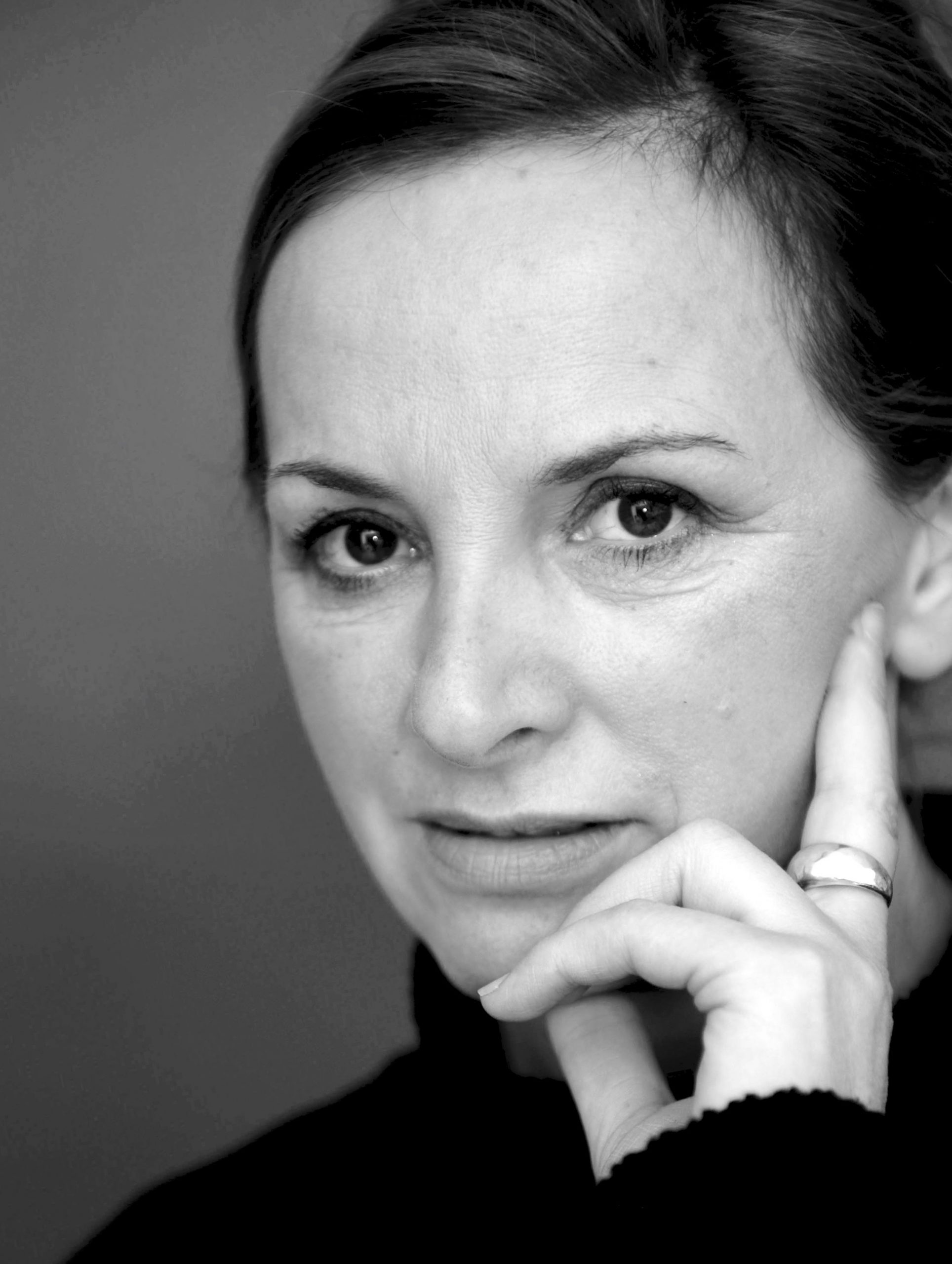 Value added? Zur Bestimmung von Umfang und Wert der Wirtschaftsphilosophie
Value added? Zur Bestimmung von Umfang und Wert der Wirtschaftsphilosophie
Ein Konflikt der Lebenswirklichkeit
In ihrem Beitrag: „Poisoning the well, or how economic theory damages moral imagination” (Nelson 2016) fragt Julie Nelson
“What if people might act out of social and other-regarding concerns, as well as reasonable self-interest in their economic lives, but are pushed by the economic theory of self-interested utility maximization to believe that it is permissible – and perhaps even appropriate – to be irresponsible, opportunistic, and selfish when participating in markets? What if business leaders might pay attention to the implications of their decisions for workers, communities, the environment, and others who are affected by their firm’s actions, but economic theory encourages them to believe that they should – and in fact must – focus on getting every last dollar of profit possible?” (Nelson 2016: 184)
Ich lese diese Fragen von Nelson als einen Appell, die Theorie der Ökonomie umfassend auf ihre Tauglichkeit für unsere Lebenswirklichkeit zu hinterfragen. Die Theorien der Ökonomie mögen Disziplinen-intern funktional sein, sie sind damit noch lange nicht lebenstauglich. Im Gegenteil, sie erweisen sich als Überlebens-avers, im schlimmsten Falle, Leben-zerstörend. Die Aufgabe, das Wozu der Wirtschaftsphilosophie lässt sich von hier aus schon trefflich bestimmen. Die Herausforderung jedoch bleibt, Umfang und Perspektive, von wo aus die Kritik und auch die In-Blicknahme des Ganzen geschehen kann, zu verorten, und genau dieses Anliegen ist im Beitrag von Ingo Pies und Marc Hübscher zentral: Aus welcher Perspektive kann diese Frage beantwortet werden, wenn diese Bestimmung als denkerische Selbstaufklärung realisiert werden soll?
-Ruth Hagengruber
Ausschnitt aus Ruth Hagengrubers Kommentar Value added? Zur Bestimmung von Umfang und Wert der Wirtschaftsphilosophie im zweiten Heft der diesjährigen zfwu Zeitschrift für Wirtschafts- und Unternehmensethik
You cannot copy content of this page








